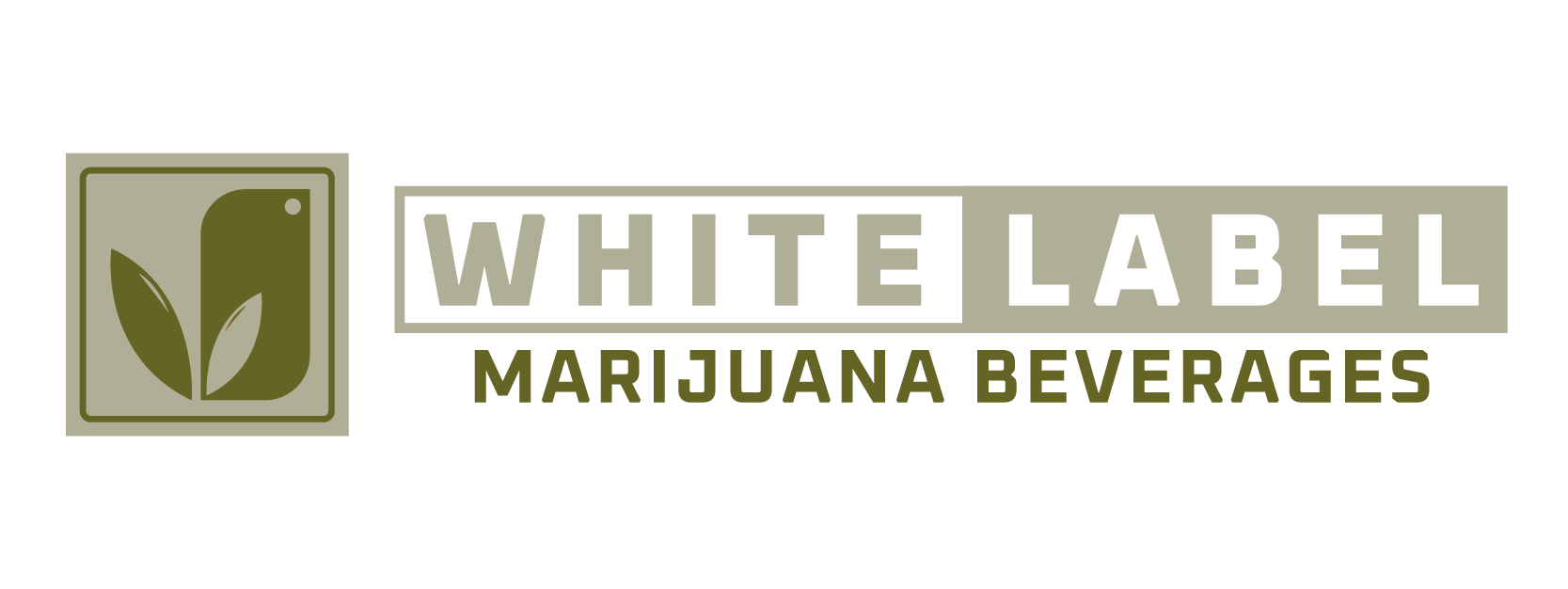The rise of cannabis-infused beverages has given brands and consumers a new way to experience the plant, blending familiarity with innovation. For white label manufacturers, the opportunity is significant: they can help emerging and established brands bring infused products to market without requiring extensive infrastructure or licensing. However, producing cannabis beverages is not without its hurdles. Compliance remains one of the most complex and critical aspects of this sector, with manufacturers navigating a patchwork of state regulations, evolving federal policies, and consumer safety standards.
State-by-State Regulatory Fragmentation
One of the largest challenges for white label manufacturers is the lack of federal cannabis legalization. Each state with a legal cannabis program sets its own rules for infused beverages, covering everything from potency limits to labeling requirements. For example, some states cap THC per serving at 5 milligrams, while others allow up to 10 milligrams or more. Packaging restrictions can also differ widely—child-resistant containers are mandatory in all markets, but color schemes, warning icons, and font sizes vary. This inconsistency forces white label manufacturers to create multiple packaging SKUs and tailor formulations depending on where the product will be sold.
Testing Standards and Laboratory Variability
Product safety and accurate labeling are top priorities in cannabis beverages. Yet testing standards vary across states, and even lab-to-lab discrepancies can complicate compliance. Manufacturers must ensure every batch meets state potency, pesticide, and contaminant thresholds, often requiring multiple rounds of testing. These added steps increase costs and extend lead times. For beverages in particular, consistent emulsification of cannabinoids poses an additional challenge—uneven distribution can create compliance risks if servings test above or below allowable limits.
Packaging and Marketing Restrictions
Unlike traditional beverage categories, cannabis drinks face heavy restrictions on packaging and advertising. Many states prohibit packaging that appeals to children, bans cartoon imagery, or limits bright color use. Marketing language must also avoid health claims unless explicitly supported by approved clinical data. For white label manufacturers, this requires strict oversight of client branding strategies and sometimes difficult conversations with partners eager to push creative boundaries. Balancing compliance with consumer appeal is an ongoing challenge.
Supply Chain and Distribution Controls
Unlike alcohol or traditional consumer packaged goods, cannabis beverages cannot cross state lines. White label manufacturers must establish localized supply chains, often building or partnering with licensed facilities in multiple markets. Beyond production, distribution channels are tightly regulated—many states require products to pass through licensed distributors or track-and-trace systems like METRC. Ensuring transparency and compliance across this chain is resource-intensive and demands robust operational controls.
Rapidly Evolving Regulations
Cannabis regulations rarely stand still. States frequently update their rules on packaging, labeling, or testing, sometimes with little notice. Manufacturers must maintain dedicated compliance teams and legal counsel to monitor changes and implement adjustments quickly. A regulation shift may require new packaging runs, reformulation, or even halting distribution until requirements are met. This dynamic environment creates added risk for white label partners who depend on timely product launches.
Building Consumer Trust Through Compliance
While challenging, strict compliance standards also provide an opportunity. Brands that consistently meet or exceed regulations demonstrate a commitment to consumer safety and product integrity. For white label manufacturers, positioning compliance as a core value not only protects clients but also strengthens long-term partnerships. Clear communication, rigorous testing, and proactive adaptation to new rules can help manufacturers stand out in a competitive and crowded market.
In Review
The cannabis beverage sector offers enormous potential, but compliance remains one of the most significant hurdles to success. For white label manufacturers, the key lies in balancing innovation with rigorous adherence to state regulations, ensuring products are both safe and market-ready. Those who invest in strong compliance frameworks will not only safeguard their clients but also help shape a more reliable and trusted cannabis beverage industry.
